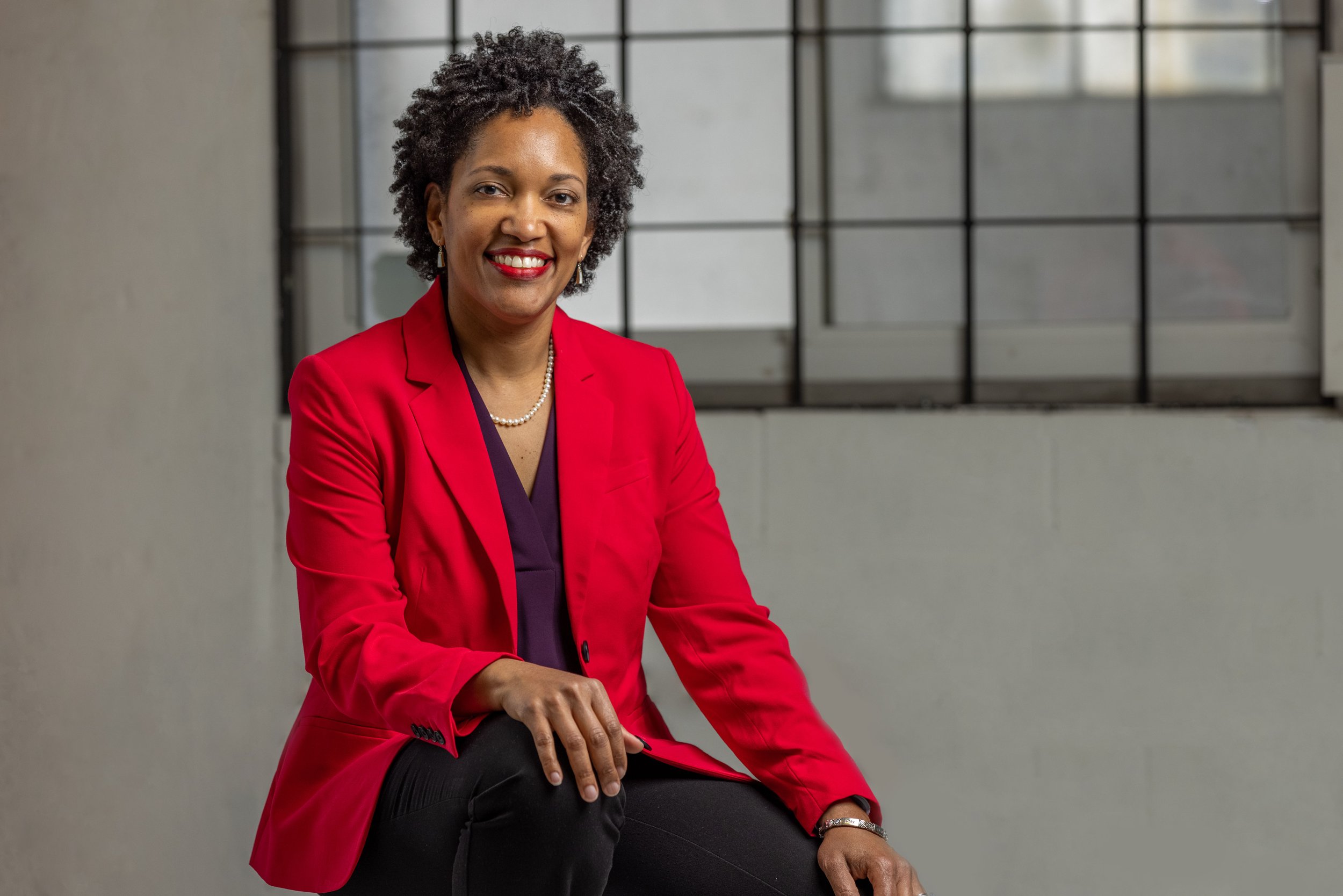Episode163: How We Build Back Better with Build Back Better
The bipartisan infrastructure bill, Infrastructure Investment and Jobs Act, has been signed into law by President Biden. That takes care of roads, bridges, and broadband, but how do we invest in people? The Build Back Better bill, that just passed the House and is on its way to the Senate, is a framework to do just that. If BBB is passed, how do we ensure that everyone gets their fair share? How do we follow the money from the legislation? To answer those questions and explain how we really do build back better, L. Joy brings Taifa Smith Butler to the front of the class to give us the action items we need to make sure our communities get the most out of it.
Our Guest:
Taifa Smith Butler, after four years as a member of Demos’ Board of Trustees, began her tenure as Demos president in July 2021.
Butler came to Demos after nearly a decade at the Georgia Budget and Policy Institute, where, from 2015 to 2021, she led and inspired the GBPI team as its president and CEO. She is an established leader known as a problem solver and tireless champion for equity.
Taifa brings more than 20 years of experience in strategic communications, public policy research and data analysis in the public, nonprofit, and private sectors. Prior to joining the GBPI team as deputy director in 2011, she served as the policy and communications director for Georgia Family Connection Partnership where she co-managed the Georgia KIDS COUNT project and monitored public policy and its impact on children, families, and communities.
Named one of Atlanta’s 500 most powerful leaders in 2020 and 2021 by Atlanta Magazine, Taifa has served on various local, state and national committees and boards. Butler is a Class of 2017 Rockwood Leadership Institute “Leading from the Inside Out” Fellow, a member of the Leadership Georgia Class of 2016 and was a New Executive Fund fellow with the Open Society Foundation in 2015.
A first-generation college graduate, Taifa graduated from Mount Holyoke College and holds a master’s in public management and policy with a concentration in economic development and financial management from the Heinz School of Public Policy and Management at Carnegie Mellon University.
Homework:
Infrastructure Investment and Jobs Act https://www.whitehouse.gov/briefing-room/statements-releases/2021/11/06/fact-sheet-the-bipartisan-infrastructure-deal/
Find out what’s in the Build Back Better bill on Demos’ website https://www.demos.org/blog/bidens-proposed-build-back-better-act-strengthens-our-economy-and-democracy-much-more-remains
Reach out to your local representatives to find out what projects are “shovel ready” for Infrastructure Investment and Jobs Act funds and let them know how you think those funds should be spent. #FollowTheMoney

